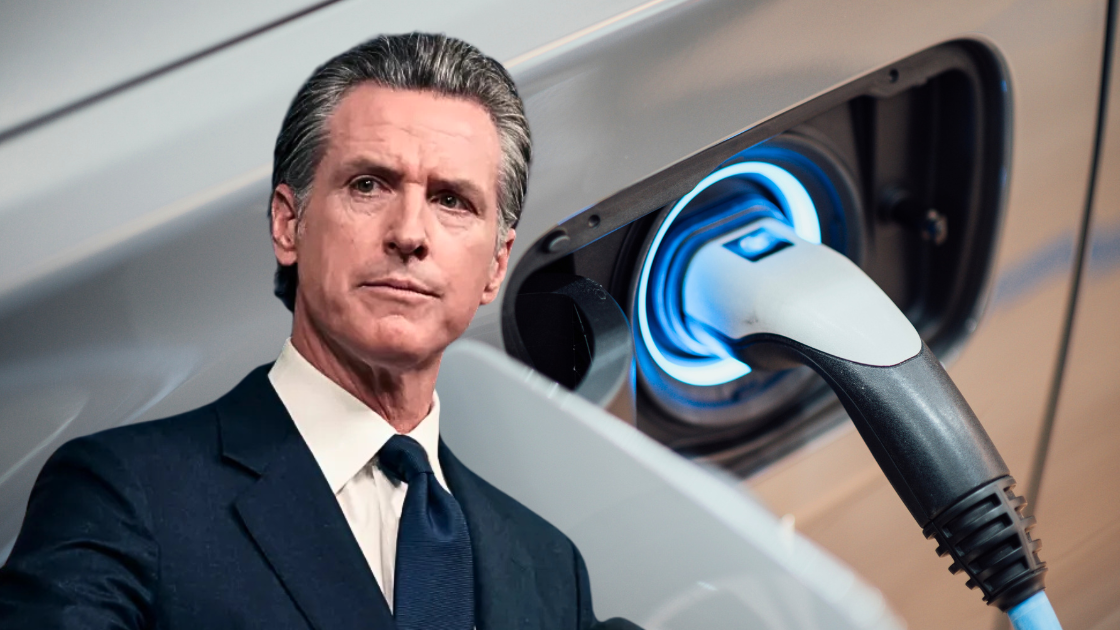More automakers are pulling back on their EV plans, raising questions about the viability of the electric car market moving forward.
First things first: Over the past year or so, several automakers have announced they are either delaying the production of certain EVs, modifying their electrification strategy, or scrapping their EV plans altogether, spanning Ford to Lotus.
Honda has canceled its production plans for an electric SUV—one of two EVs previously touted as pivotal to the Japanese automaker’s next-gen all-electric “0” sub-brand.
Nissan is delaying some of its plans in the sector—postponing production of two EV crossovers by nearly a year.
Last year, Ford announced that it no longer plans to build the three-row electric SUV and would redirect resources to the development of ICEs and hybrids.
Other automakers such as Stellantis and Toyota have pushed back major EV launches—turning their focus to gas-powered models. Even some of the more exclusive brands are pumping the brakes on their EV strategies—with Lotus completely abandoning its plans to transition into a fully electric brand by 2028, shifting its focus to hybrids, and Ferrari is even delaying its second EV model to at least 2028.
Digging in: The industry-wide pullback on EVs over the past year is attributed to several factors, namely the slowing consumer demand for EVs.
U.S. EV sales increased to 1.6 million in 2024, with the sales share growing to more than 10%. However, growth in electric vehicle sales slowed down significantly last year, increasing by just 10% compared to 40% in 2023.
EV sales are projected to rise from 1.6 million in 2025 to 4.1 million in 2030—but a revised outlook by Bloomberg NEF projects that the market will fall short of its previous estimates, resulting in 14 million fewer cumulative EV sales over that period.
Recent moves by the Trump Administration—including ending the $7,500 federal EV tax credit and barring California from banning gas-powered vehicles by 2035—add to the challenges the EV market faces, with many opposing EVs contending that the growth should be dictated by consumer demand, not mandates.
What they’re saying: “Expect…a surge of sales, given the expiring credits and then likely dampened demand through the end of the year. However, I don't see EVs going away. It is just an alternative propulsion method, but still very good tech and vehicles. With the increase in diversified offerings, I believe the market will continue to grow, albeit at a muted pace, given some of the obstacles to consumer adoption,” said Erin Keating, Executive Analyst at Cox Automotive.
What’s next: Keating and Stephanie Valdez Streaty, director of Industry Insights at Cox Automotive, told CDG that EV market success will also be determined by a few key factors:
Any slowdown in building out infrastructure to accommodate for charging could be an issue, given range/charger anxiety being an obstacle for consumers.
Another factor is consumer education and experience—with many potential buyers still having misconceptions about EVs, like battery lifespan, maintenance costs, or winter performance.
Also, as EVs become more connected, automakers may start measuring success not just by units sold, but by user engagement, subscription services, and over-the-air update adoption.
Streaty added that global supply chain resilience will also determine the viability and stability of EVs moving forward—especially for critical minerals like lithium and cobalt that will continue to shape production capacity and pricing.
In her own words: “The training wheels are coming off—we’ll need to see EVs stand on their own now, with momentum coming from consumer interest and innovation rather than just incentives,” said Streaty.
Bottom line: The EV market is entering a new, more challenging phase of growth—one where viability will be defined not just by production volume or government incentives, but by real consumer demand, infrastructure maturity, and innovation in business models.
A quick word from our partner
It’s all inside the machine.
Minimizing risk and maximizing profits is about more than knowing what’s happening today. It’s about seeing what’s around the corner.
The Lotlinx VIN Manager is the industry’s first inventory data platform that presents powerful insights and predictions at the intersection of inventory management, customer data, and media consumption data.
Promote Smarter
Procure More Effectively
Price with Precision
Gain Unparalleled Market Clarity
Visit lotlinx.com to see how the Lotlinx machine can power your dealership.

OUTSMART THE CAR MARKET IN 5 MINUTES A WEEK
No-BS insights, built for car dealers. Free, fast, and trusted by 55,000+ car dealers.












